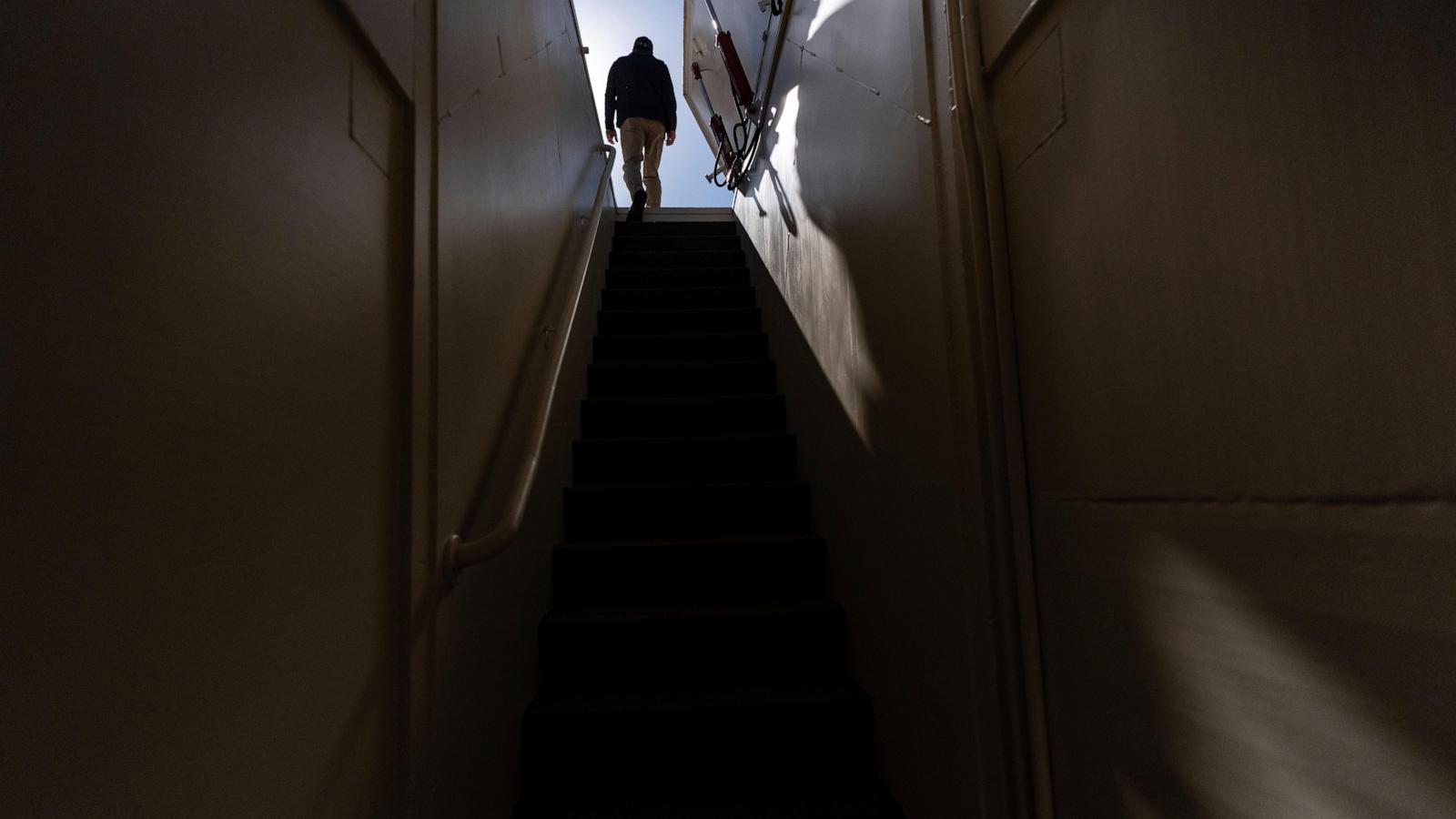Is a Nuclear Bunker Your Next Investment? Experts Weigh In
The world is on edge. Nuclear threats loom larger than ever, sending shivers down spines and prompting a surge in sales of private bunkers. Are these underground havens a sensible precaution, a costly delusion, or something in between? This deep dive will explore the heated debate surrounding nuclear bunkers, weighing the arguments from experts and assessing the unsettling reality of our current geopolitical climate.
The Rise of the Modern Bunker: Fear and Investment
The market for private bunkers is booming. Driven by escalating geopolitical tensions, the rise in global nuclear weapons spending, and an increasingly unpredictable world, people are seeking a perceived safety net – a personal fallout shelter capable of withstanding the unthinkable. Atlas Survival Shelters, the world's largest bunker manufacturer, reports a significant jump in sales fueled by events like COVID lockdowns, the war in Ukraine, and the recent Israel-Hamas conflict. CEO Ron Hubbard sums up the customer mentality: "People are uneasy and they want a safe place to put their family. And they have this attitude that it’s better to have it and not need it than to need it and not have it." But is this attitude justified, or is it merely fueling a false sense of security?
Beyond the Bunker Mentality: Addressing the Root Cause
While financial experts are quick to analyze bunker sales statistics (the market is projected to skyrocket from $137 million to $175 million by 2030!), we need to seriously consider the psychological aspects involved. Why the focus on escape rather than prevention? This intense focus on personal survival might distract us from addressing the true threat: the unchecked proliferation of nuclear weapons themselves. As Alicia Sanders-Zakre of the International Campaign to Abolish Nuclear Weapons, emphasizes, "Bunkers are, in fact, not a tool to survive a nuclear war, but a tool to allow a population to psychologically endure the possibility of a nuclear war." Instead of investing in personal survival solutions, the critical first step should be to eliminate the threat of a nuclear war altogether. That demands international cooperation and pressure on nuclear-armed states.
The Science Behind Survivability: Is a Bunker Necessary?
Government agencies like FEMA disagree on the need for personal bunkers. FEMA emphasizes existing structures; for example, a robust basement away from external walls could offer sufficient protection from fallout, which is the lingering, long-term danger after a nuclear blast. Experts at Lawrence Livermore National Laboratory stress that the fallout phase, while deadly, takes time. Roughly 15 minutes elapses before it arrives to areas a mile or more from ground zero. The focus needs to be on reaching an enclosed space rapidly after a blast to lessen exposure. This doesn’t involve an expensive bunker but rather readily accessible and readily available robust shelters that already exist in our urban and rural areas.
Reframing the Response: Evacuation vs. Seclusion
What can we practically do to mitigate our chances of survival? Get inside immediately, and remain there. After the immediate danger of fallout subsides, focus on an effective, timely evacuation strategy and following governmental directives and guidelines. Focusing solely on individual preparedness and buying bunkers does nothing to tackle the most critical element, international efforts at de-escalation and the prevention of nuclear conflicts from escalating.
The Political Landscape: A Call for Global Action
The disturbing growth in bunker sales serves as a grim reflection of our global security anxieties. While government officials rightly stress that bunkers aren't a viable solution to a nuclear conflict, those anxieties, coupled with international instability, serve as a reminder of the crucial need to eliminate nuclear weapons. Congressman James McGovern, a staunch advocate for nuclear nonproliferation, repeatedly champions legislation to advance a weapons freeze and ultimately, complete nuclear disarmament. The ultimate solution isn’t a private bunker; rather, the concerted diplomatic effort of world leaders.
Preventing Nuclear Catastrophe: The only True Security
In a world where nuclear threats aren't hypothetical but frighteningly real, the pursuit of individual shelter may feel tempting. But true security comes not from concrete and steel, but from political action, international diplomacy, and a collective will to dismantle the nuclear arsenals hanging over our heads. The time for burying our heads is not in bunkers but focusing efforts on making sure no nuclear bunker will ever need to be used.
Take Away Points
- The increasing sales of private bunkers reflects a deep-seated fear and uncertainty in the current geopolitical landscape.
- While personal preparation is sensible, focusing on individual safety may distract from the more pressing issue of global nuclear disarmament.
- Government agencies emphasize finding safe, readily available locations already present and available during any emergency as better preparations than purchasing expensive underground bunkers.
- The most crucial strategy isn’t about survival, but rather prevention: working toward global nuclear disarmament is the key to achieving true security.




